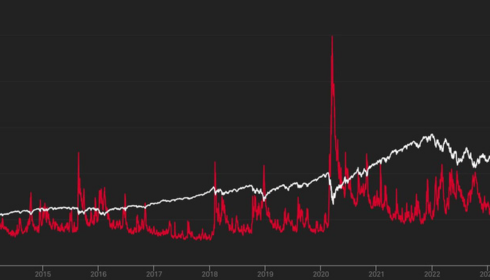
In today’s fast-paced global trade environment, the efficient movement of goods across international borders is crucial for businesses. One of the most vital aspects of this process is customs clearance. Without proper handling of import and export regulations, delays and financial losses can occur. This is where customs clearing agents play a key role. These professionals ensure that all documentation, duties, and regulations are accurately managed so that goods flow smoothly across borders.
Who Are Customs Clearing Agents?
Customs clearing agents, also known as customs brokers, are licensed professionals or companies that help importers and exporters comply with all legal requirements associated with customs procedures. Their primary responsibility is to prepare and submit necessary documents, calculate duties and taxes, and facilitate communication with government authorities. Whether importing machinery or exporting perishables, a clearing agent ensures all paperwork is correct and complete.
The Role of a Customs Clearing Agent
The duties of a customs clearing agent are multi-faceted. They handle documentation including bills of entry, invoices, packing lists, and certificates of origin. They also assist in classifying goods correctly under the Harmonized System (HS) codes, which is essential for determining applicable duties and taxes.
In addition, customs agents are responsible for:
- Liaising with customs authorities
- Ensuring compliance with trade regulations
- Tracking cargo during clearance
- Managing payment of duties and fees
- Resolving any issues related to import/export restrictions
By overseeing these aspects, clearing agents help reduce delays, minimize costs, and avoid penalties.
Benefits of Hiring a Customs Clearing Agent
Engaging a qualified customs clearing agent provides numerous advantages for businesses engaged in international trade. Here are a few key benefits:
- Expert Knowledge: Customs regulations can vary significantly from one country to another. A skilled agent is well-versed in current laws and tariff structures.
- Time Efficiency: Navigating customs procedures can be time-consuming. Agents handle this efficiently, freeing businesses to focus on core operations.
- Cost Savings: By preventing errors in documentation or classification, agents help avoid fines and unnecessary expenses.
- Risk Mitigation: Their expertise minimizes the risk of non-compliance, which can result in cargo seizure or delays.
Choosing the Right Agent
When selecting a customs clearing agent, experience and local knowledge are crucial. Look for agents who have a strong track record in your industry or region of operation. A good agent should be communicative, proactive, and tech-savvy, using digital tools for real-time tracking and document sharing.
Also, ensure the agent is officially licensed by the relevant customs authority. In many countries, customs brokers must pass rigorous exams and maintain licenses to operate legally.
Technology in Customs Clearance
Today, the customs clearance process is increasingly driven by technology. Modern clearing agents use electronic data interchange (EDI) systems, online portals, and automated documentation tools to speed up the clearance process. Digital integration also reduces human error, enhances tracking, and increases transparency.
These advancements are especially beneficial for businesses dealing in international shipping, where real-time updates and clear documentation are essential to maintaining supply chain efficiency.
Customs Clearing Agents and SMEs
Small and medium-sized enterprises (SMEs) often lack the in-house resources to manage customs clearance. Partnering with a trusted clearing agent allows SMEs to expand into new markets without being overwhelmed by regulatory complexities. This not only reduces risk but also boosts competitiveness in the global arena.
Conclusion
Customs clearing agents are indispensable partners in global trade. They bridge the gap between businesses and border authorities, ensuring that goods are cleared legally, quickly, and efficiently. Whether you’re a multinational corporation or a local exporter, working with a professional agent can help streamline your import/export operations and safeguard your shipments against unnecessary delays or costs.








